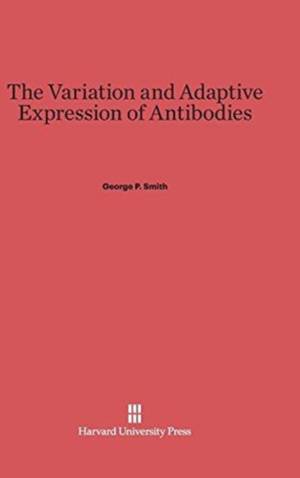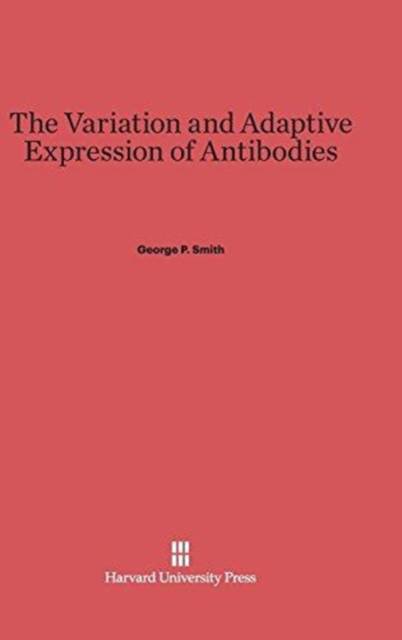
- Retrait gratuit dans votre magasin Club
- 7.000.000 titres dans notre catalogue
- Payer en toute sécurité
- Toujours un magasin près de chez vous
- Retrait gratuit dans votre magasin Club
- 7.000.0000 titres dans notre catalogue
- Payer en toute sécurité
- Toujours un magasin près de chez vous
Description
During the past ten years, several theories have been proposed on the origin of the diversity of antibodies. George P. Smith presents a critical study of these theories in this detailed treatment of immunological problems from the point of view of molecular genetics.
Mr. Smith uses a new and simplifying approach to this long-standing controversy. By a comprehensive computerized analysis of antibody amino acid sequences (particularly the myeloma proteins), the author traces their evolution and matches his results against the expectations of the various theories of diversity. He discusses at length the other types of evidence as well.
Mr. Smith also deals with the clonal specialization of cells to produce a single antibody, and the relationship of this specialization to the somatic joining of antibody half-genes, which is one of the immune system's most important peculiarities.
Introductory material is provided to make this work understandable to molecular geneticists not versed in immunology and to immunologists not versed in molecular genetics.
This is a timely book offering a succinct and coherent summary of the various lines of evidence in a confused and controversial field.
Spécifications
Parties prenantes
- Auteur(s) :
- Editeur:
Contenu
- Nombre de pages :
- 231
- Langue:
- Anglais
Caractéristiques
- EAN:
- 9780674365131
- Date de parution :
- 05-02-73
- Format:
- Livre relié
- Format numérique:
- Genaaid
- Dimensions :
- 156 mm x 234 mm
- Poids :
- 508 g

Les avis
Nous publions uniquement les avis qui respectent les conditions requises. Consultez nos conditions pour les avis.






